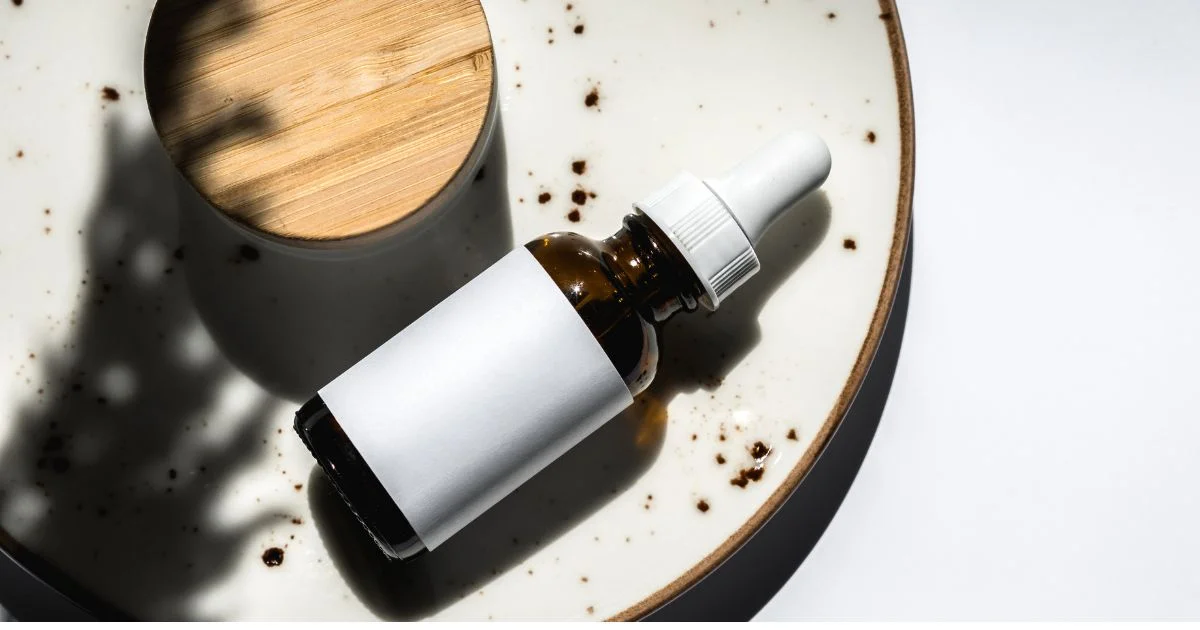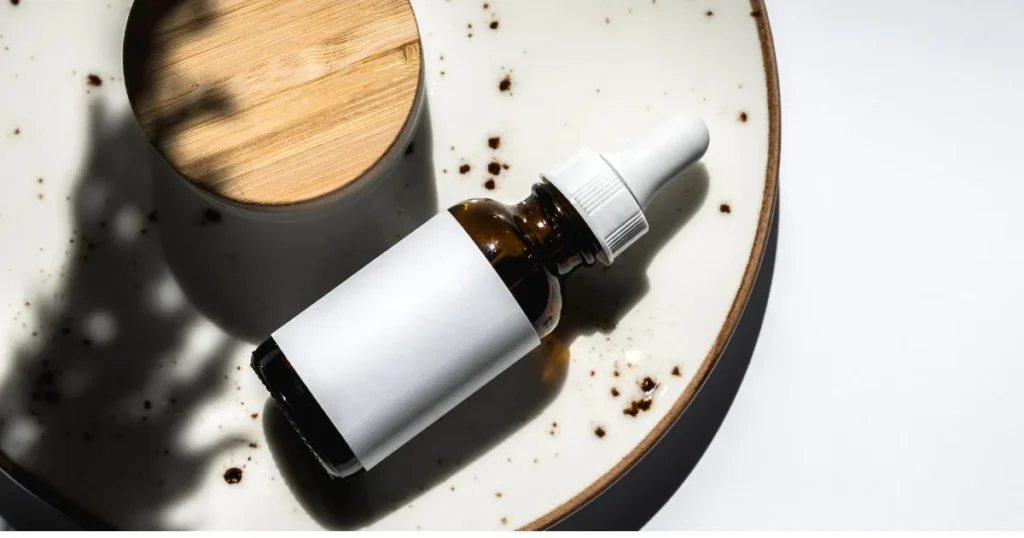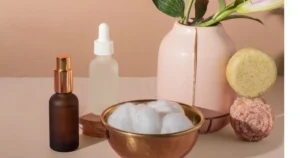Retinol for Beginners: Unlocking the Secrets to Youthful Skin
Retinol for Beginners is a comprehensive guide designed to introduce individuals to the world of retinol, a powerhouse ingredient in skincare. Whether you’re just starting your skincare journey or looking to incorporate retinol into your routine, this guide provides valuable insights and practical tips. Retinol, a derivative of vitamin A, is known for its remarkable benefits, including reducing wrinkles, improving skin texture, and enhancing overall complexion.
This introduction covers the basics of retinol, its mechanism of action, potential side effects, and guidelines for beginners, empowering you to make informed decisions and embark on a successful retinol skincare journey.
 Retinol for Beginners: Unveiling the Secrets to Healthy Skin
Retinol for Beginners: Unveiling the Secrets to Healthy Skin
Retinol is a potent derivative of vitamin A that has gained immense popularity in the beauty industry. It is renowned for its ability to address multiple skin concerns and deliver visible results. Here, we will explore the key aspects of retinol, including its benefits, application techniques, and potential side effects.
You may also like..The Ultimate Guide to Retinol Moisturizer: Achieve Radiant and Youthful Skin Retinol Body Lotion: Unlocking the Secrets to Youthful Skin Hyaluronic Acid and Retinol: Unlocking the Secrets to Youthful Skin Can Niacinamide and Retinol be used together?The Dynamic Duo for Skincare Can Retinol and Vitamin C be used together?10 Effective Benefits
1. What is Retinol?
Retinol, a form of vitamin A, is a powerful ingredient in the world of skincare. It is renowned for its ability to promote skin cell turnover, stimulate collagen production, and combat the visible signs of aging. Retinol is available in various skincare products, including serums, creams, and oils, making it accessible to individuals with different preferences and needs.
2. The Benefits of Retinol
The benefits of retinol are manifold and extend beyond its anti-aging properties. Here are some key advantages:
- Reduction of fine lines and wrinkles
- Improved skin texture and tone
- Minimized appearance of pores
- Diminished hyperpigmentation and dark spots
- Enhanced skin firmness and elasticity
- Prevention of acne breakouts
3. How Does Retinol Work?
Retinol works by binding to specific receptors in the skin, stimulating the production of collagen and promoting cell turnover. This process helps to rejuvenate the skin, leading to a more youthful and vibrant appearance. Additionally, retinol aids in exfoliation, removing dead skin cells and unclogging pores, which can contribute to a smoother complexion.
4. Choosing the Right Retinol Product
When selecting a retinol product, it’s essential to consider several factors. Look for products with stable formulations, as exposure to air and light can render retinol ineffective. Start with a lower concentration to allow your skin to acclimate, gradually increasing the strength over time. Additionally, opt for products that are suitable for your skin type and address your specific skincare concerns.
5. Incorporating Retinol into Your Skincare Routine
To maximize the benefits of retinol, it’s crucial to incorporate it into a well-rounded skincare routine. Start by using retinol products once or twice a week, gradually increasing the frequency as your skin adjusts. Apply retinol in the evening to minimize the risk of sun sensitivity and always follow up with a broad-spectrum sunscreen during the day. Remember to moisturize your skin adequately to prevent dryness and irritation.
6. Retinol Myths Debunked
There are several myths surrounding retinol that deserve clarification. Contrary to popular belief, retinol does not thin the skin; instead, it promotes the growth of healthier and stronger skin cells. It is also a misconception that retinol is only suitable for mature skin. Individuals of all ages can benefit from retinol’s properties, depending on their skincare goals.
7. Retinol and Sun Sensitivity
One crucial aspect of using retinol is its potential to increase sun sensitivity. As retinol accelerates cell turnover, it brings fresh skin cells to the surface, which are more susceptible to sun damage. It is imperative to wear sunscreen with a high SPF during the day to protect your skin from harmful UV rays. This combination of retinol and sun protection ensures optimal results while maintaining skin health.
8. Potential Side Effects of Retinol
While retinol is generally safe for most individuals, it may cause mild side effects during the adjustment period. These can include redness, dryness, flakiness, and temporary sensitivity. However, these symptoms typically subside as your skin adapts to the product. If the side effects persist or become severe, it is advisable to consult a dermatologist for personalized guidance.
9. When to Consult a Dermatologist
If you have specific skin concerns or are unsure about incorporating retinol into your routine, consulting a dermatologist is highly recommended. A dermatologist can evaluate your skin type, assess your individual needs, and provide tailored advice on the most suitable retinol products and application methods. Their expertise will ensure optimal results while minimizing the risk of adverse effects.
10. The Future of Retinol
The field of skincare is constantly evolving, and researchers are continually exploring new formulations and delivery systems for retinol. Exciting advancements such as encapsulated retinol and time-release technologies are emerging, aiming to enhance the stability, effectiveness, and tolerability of retinol products. As the science progresses, we can expect even more innovative and groundbreaking developments in the world of retinol.
Conclusion
Retinol is a game-changer in the realm of skincare, offering remarkable benefits for individuals seeking to improve the appearance and health of their skin. By understanding its mechanisms, selecting the right products, and incorporating retinol into a well-rounded routine, you can unlock the secrets to youthful and radiant skin. Embrace the power of retinol and embark on a journey towards your best skin yet!
FAQs
Can I use retinol everyday as a beginner?
As a beginner, it is generally recommended to start using retinol slowly and gradually increase frequency over time. Retinol can be quite potent and may cause skin irritation, especially for those with sensitive skin. It is advisable to begin by using retinol once or twice a week and then gradually increase usage as your skin becomes more accustomed to it.
What age should I start using retinol?
The optimal age to start using retinol can vary depending on individual factors and skincare goals. Generally, retinol is recommended for individuals in their late 20s or early 30s as a proactive measure against signs of aging. However, if you have specific concerns such as acne, fine lines, or uneven skin tone, you may consider incorporating retinol into your skincare routine earlier.
What to avoid with retinol?
When using retinol, it's important to avoid excessive sun exposure and always wear sunscreen. Additionally, avoid using harsh or irritating products alongside retinol, and be cautious when combining it with other active ingredients like benzoyl peroxide or AHAs.
What happens if you stop using retinol?
If you stop using retinol, the benefits it provided to your skin may gradually diminish over time. The skin may return to its previous condition, and you may notice a decrease in the improvements that retinol had initially brought, such as a reduction in wrinkles or improved texture.
Should you moisturize after retinol?
Yes, it is highly recommended to moisturize after applying retinol. Retinol can sometimes cause dryness and skin sensitivity, so using a moisturizer helps replenish hydration and soothe the skin. Applying a moisturizer after retinol also helps create a protective barrier that locks in moisture and enhances the overall effectiveness of your skincare routine.


 Retinol for Beginners: Unveiling the Secrets to Healthy Skin
Retinol for Beginners: Unveiling the Secrets to Healthy Skin

